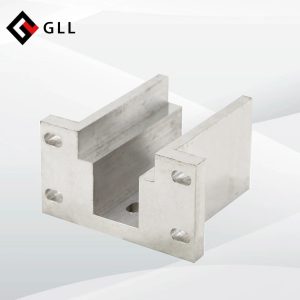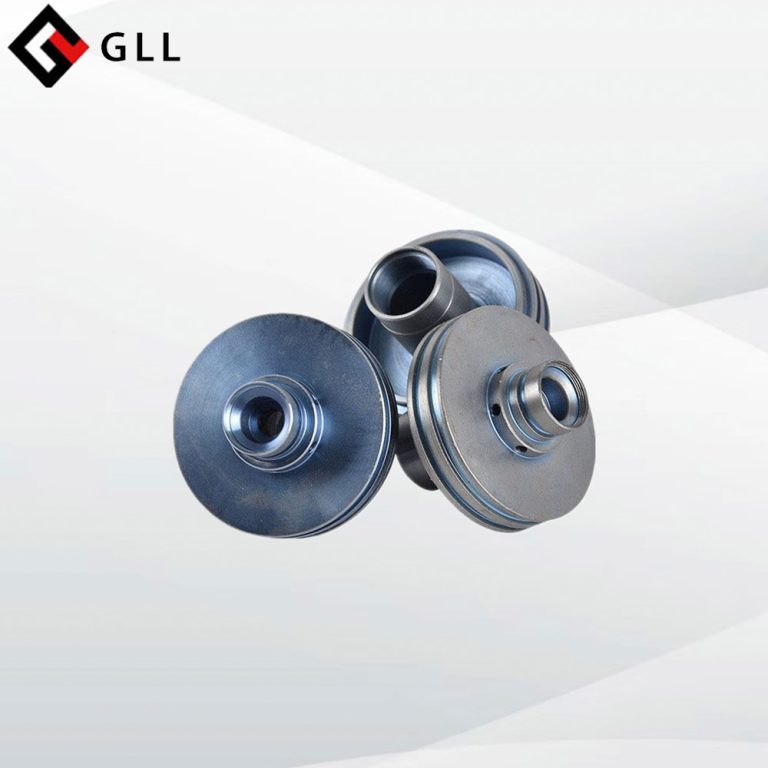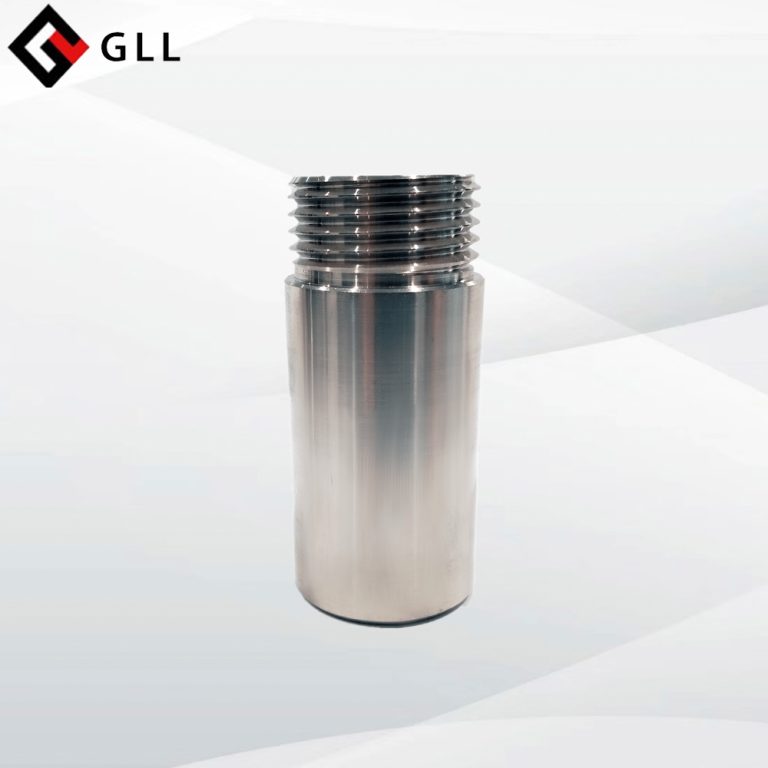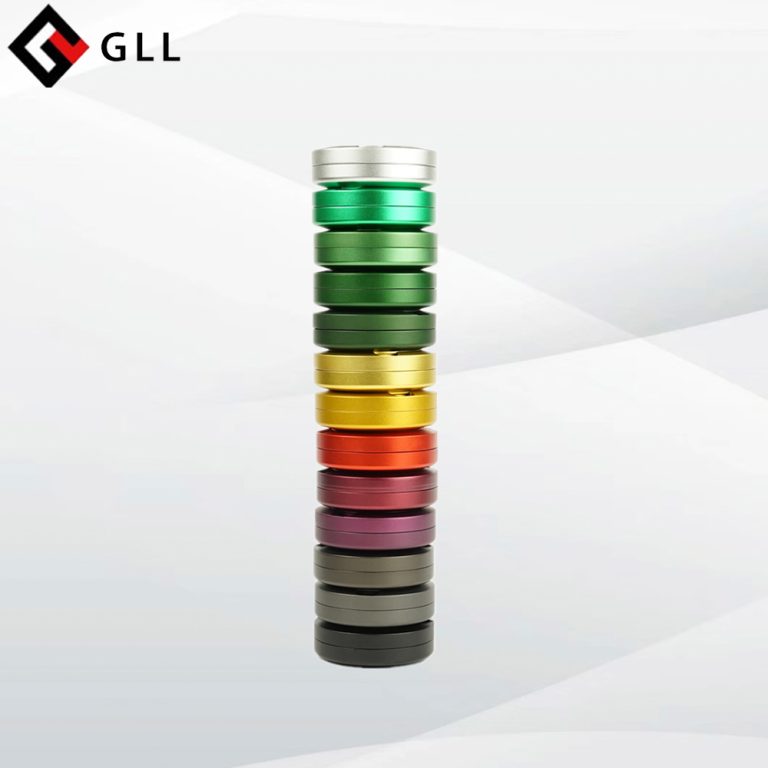Aluminum does not rust like iron. Rusting in iron occurs when it reacts with oxygen and water, forming iron oxide (Fe₂O₃), commonly known as rust. This rust is fragile and easy to drop from the surface, which allows the corrosion process to continue.
But when aluminum is exposed to air, it undergoes a different kind of reaction. It quickly forms a thin but tough layer of Aluminum oxide (Al₂O₃) on its surface. This layer acts as a protective barrier that effectively shields the underlying Aluminum from further oxidation and corrosion. This process is also a type of corrosion but differs from rusting in iron.
Aluminum oxide is fundamentally different from rusting because its function is protecting rather than damaging. This is why aluminum is so valued for outdoor applications, such as in construction, automotive, and aerospace industries. It can withstand exposure to the elements without suffering the same level of degradation as iron.
However, aluminum is not entirely impervious to all forms of corrosion. In certain harsh environmental conditions, the protective oxide layer can react with the salt water, acids, and alkaline and thus breaking down. Once this protective barrier is compromised, the underlying aluminum can become vulnerable to more aggressive forms of corrosion, such as pitting or galvanic corrosion. Therefore, it is essential to properly maintain Aluminum products. Regular cleaning, coating, or anodizing can help to preserve this protective layer and prolong the life of the Aluminum structure.
GLL Offers Exclusive Aluminum Parts
As a qualified manufacturer and supplier with experiences of more than 30 years, GLL is devoted to provide customers with the desired Aluminum Casting Parts. You can click here to contact us if you need.




